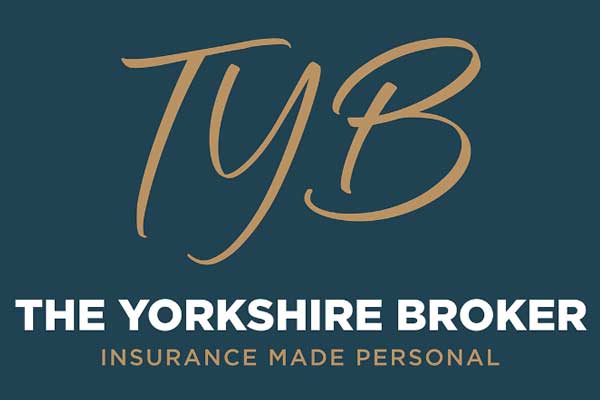Despite knowing and understanding the risks, many small and medium-sized enterprises (SMEs) are still uninsured against cyber attacks. This means that businesses aren’t protected if they’re the victims of a cyber attack, be it malware, ransomware or phishing. Not only should businesses prepare for and mitigate the risks for cyber attacks, but they should also have the right insurance policy to make sure they’re covered if something does slip through the defences. So what are the risks to SMEs when it comes to cyber attacks, and what cover is available?


